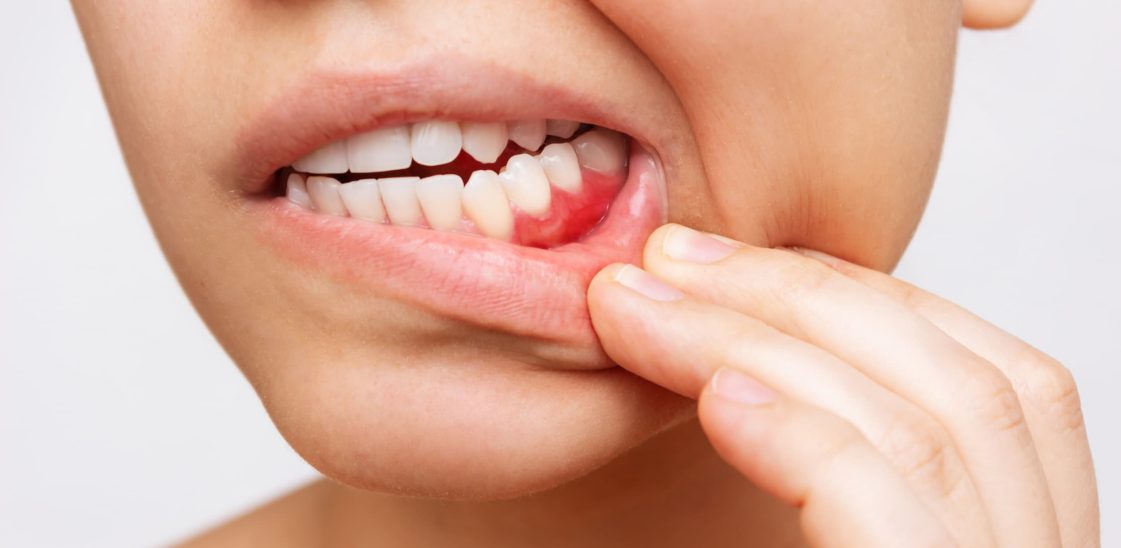
How to treat gum disease without a dentist
Everyone knows it’s good to get your teeth checked out by a dentist regularly to ensure they’re in good condition, but it can be hard to get an appointment when demand frequently exceeds supply. It’s unclear whether you can truly ‘cure’ gum disease at all, but if you think you’ve spotted the early signs of gum disease and you’re struggling to get a dentist appointment, what can you do?
How can you treat gum disease without a dentist?
The first thing to do is keep trying to get an appointment. While at-home dental care can be effective in treating mild gum infections, it’s always best to get the attention of a medical professional to get their advice – even if the problem has cleared up. In some cases, the symptoms of gum disease may go away while you maintain a heightened hygiene routine and then return as soon as you ease up.
As well as trying to book a dental appointment, you should also take extra care with your oral hygiene routine. The following techniques may relieve your symptoms, and they should also help to prevent it from getting worse or, if it turns out you don’t have gum disease, help you to avoid developing it.[1]
- Brush your teeth at least twice a day
Whether you use a manual or electric toothbrush, clean your teeth thoroughly once before bed and at one other time every day. When you choose is up to you – but wait at least 30 minutes to an hour after eating to avoid agitating acids on the surface of your teeth, as this can make things worse. Make sure to use a suitable fluoride toothpaste and don’t rinse your mouth after brushing – simply spit out any excess toothpaste. Change your toothbrush every one to three months to avoid a build up of bacteria on the bristles.[1]
- Use floss or interdental brushes to clean between your teeth
Flossing might seem like a tired cliché, but it really does help to prevent unpleasant dental problems. If using string floss is difficult, opt for purpose-built floss picks like Dentek’s Triple Clean Floss Picks, which are specially designed to make it easier to clean those hard to reach areas.[1]
- Stop smoking
As well as contributing to a number of other health issues, smoking can increase your risk of developing gum disease and make it worse if you already have it. Quitting smoking, or even just reducing your level of smoking at first, can have a positive impact on dental hygiene, including a smaller risk of mouth cancer.[2]
When to see a dentist about gum disease
Regardless of the stage of gum infection, it’s a good idea to see a dentist as soon as possible for advice and treatment for gum disease. However, it’s advised to seek an emergency appointment if you have:
- Very swollen and sore gums
- Ulcers or red-coloured patches in the mouth
- Loose teeth or teeth falling out
- A lump on your lip or in your mouth.
These can all be signs that the infection is more serious and needs urgent attention.[1]
Resources
[1] https://www.nhs.uk/conditions/gum-disease/
[2] https://www.nhs.uk/common-health-questions/lifestyle/what-are-the-health-risks-of-smoking/




